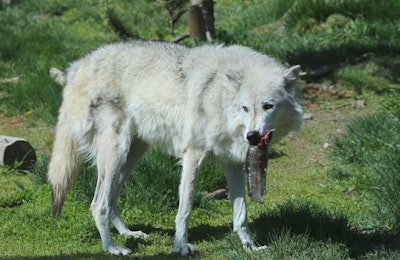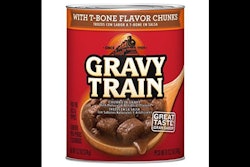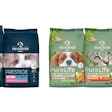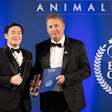
Many biologically appropriate pet foods are marketed as modeled on wolves and wildcats diets and therefore closer to what dogs and cats would natural consume. However, these nutritional claims haven’t been verified by empirical methods, said Emma Bermingham, PhD, senior research scientist, AgResearch. (See video below from Petfood Forum)
Some people have gravitated towards nutritional trends like the caveman diet, which purports to model itself on the foods available to early Homo sapiens living as hunter-gathers. Likewise, pet owners have developed an interest in what are called biologically appropriate dog and cat foods. In general, this means that the pet foods are rich in animal protein and fat, said Bermingham.
Register for Petfood Forum 2018
“So, from this there is a bit of a philosophy or belief around what we should be feeding our pets but there's actually very little science to support that,” she said. “What we're trying to do is understand what are pets need in terms of nutrition and then look at what the wildcat might eat in the wild to try and understand the difference between the two.”
Effects of domestication on dog and cat biology
Domestication seems to have influenced cats and dogs differently. The genetic code for domestic cats still bears similarities to wild felines, including cheetahs and lions, she said. Dogs however, seem to have faced evolutionary pressures that caused them to diverge from wolves.
“When we look at the dog it's a lot more complicated,” Bermingham said. “So, while there are huge similarities between dogs and wolves, there are a couple of metabolic adaptations that have occurred that suggests that a dog is certainly not a wolf necessarily. What we're trying to do is look at the nutrition and understand how feeding your dog like a wolf might actually impact the dog’s health.”
Petfood Forum 2018
Learn more about dog and cat biology from Dr. Bermingham during her presentation at Petfood Forum 2018. Petfood Forum provides an opportunity for pet food professionals from around the world to network, exchange ideas and do business with one another and with the industry's leading pet food manufacturers and suppliers. Petfood Forum 2018 will take place at the Kansas City Convention Center in Kansas City, Missouri, USA on April 23 -25, 2018.


















